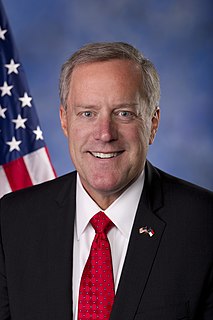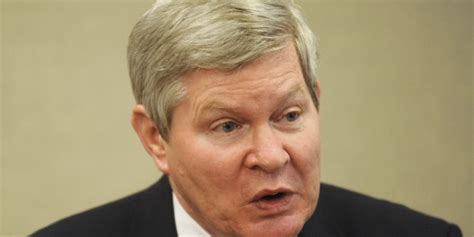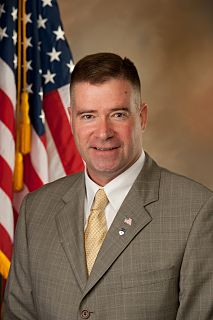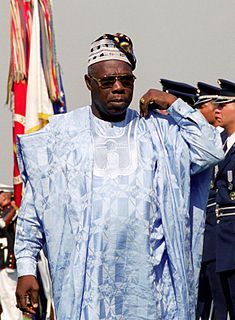A Quote by Mark Meadows
Can we have a serious conversation about improving the integrity of our poverty programs in this country?
Related Quotes
Even though it is the case that poverty is linked to AIDS, in the sense that Africa is poor and they have a lot of AIDS, it's not necessarily the case that improving poverty - at least in the short run, that improving exports and improving development - it's not necessarily the case that that's going to lead to a decline in HIV prevalence.
Imagine a country where the vast majority of seniors live in poverty, a country where for many there are no golden years, but a time of struggle and dependence. That was the United States before the creation of Social Security, which has proven to be one of the most effective and important government programs in our history.
Let's share our abundance and make our country stronger. We can encourage programs that collect and distribute excess prepared food to local organizations that are helping the hungry in our own communities. We can also support programs that supply commodities to food banks. It's all part of committing our country's wealth and resources to end childhood hunger.
The debt-ceiling vote isn't about what will be done in the future; it is about the integrity of America's commitment to support the bonds we issue. Elected officials have an obligation to maintain that integrity, regardless of whether they voted for the programs that required the borrowing in the first place.
Political systems must love poverty-they produce so much of it. Poor people make easier targets for a demagogue. No Mao or even Jiang Zemin is likely to arise on the New York Stock Exchange floor. And politicians in democracies benefit from destitution, too. The US has had a broad range of poverty programs for 30 years. Those programs have failed. Millions of people are still poor. And those people vote for politicians who favor keeping the poverty programs in place. There's a conspiracy theory in there somewhere.
All too often, the conversation about appropriate and balanced environmental stewardship gets caught up in partisan politics. Yet, this conversation is key to the preservation of our great country for generations to come, as important as ensuring we have fiscally responsible policies to secure our future.
If farmers become weak the country loses self-reliance but if they are strong, freedom also becomes strong. If we do not maintain our progress in agriculture, poverty cannot be eliminated from India.But our biggest poverty alleviation programme is to improve the living standard of our farmers. The thrust of our poverty alleviation programmes is on the uplift of the farmers.
As a reporter, you know the tropes of how stories on poverty work in any country. A reporter will go to an NGO and say, "Tell me about the good work that you're doing and introduce me to the poor people who represent the kind of help you give." It serves to streamline the storytelling, but it gives you a lopsided cosmos in which almost every poor person you read about is involved with a NGO helping him. Our understanding of poverty and how people escape from poverty, in any country, is quite distorted.


































